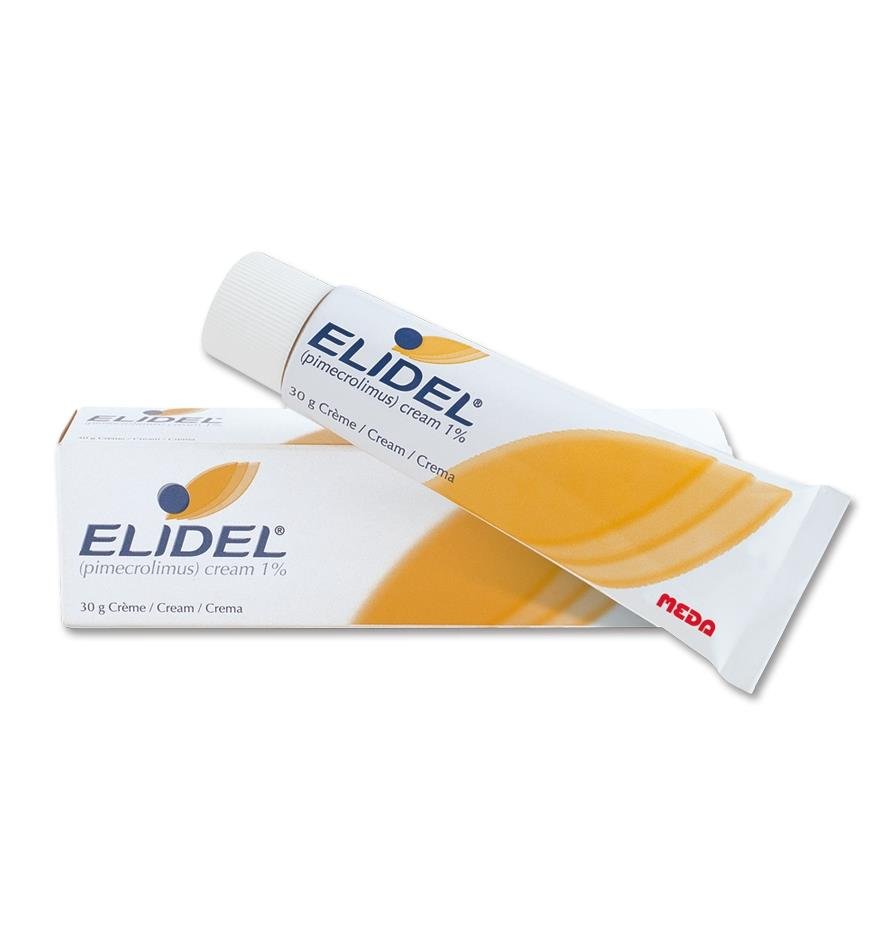Pimecrolimus (Elidel) for Eczema: What It Does and How It Helps
Pimecrolimus, marketed as Elidel, is an immunosuppressant derived from Ascomycin, a substance produced by the fungus Streptomyces hygroscopicus. Available since 2001, Pimecrolimus cream (1% strength) is commonly used to treat Atopic Dermatitis, especially in patients aged 2 years and older, although it has been successfully used in younger children.
Pimecrolimus works by inhibiting Calcineurin, a molecule essential for activating T-lymphocytes—white blood cells involved in triggering eczema flare-ups. Typically, Pimecrolimus (Elidel) is considered a third-line treatment for Atopic Dermatitis, following the use of emollients and topical corticosteroids. It is often prescribed when patients find it challenging to reduce their dependence on corticosteroids. The additional immunosuppressive effect of Pimecrolimus can help reduce the need for corticosteroids.
A comparison between Pimecrolimus (Elidel) and Tacrolimus 0.03% found no significant differences in efficacy after six weeks of treatment. However, Tacrolimus 0.1% is more potent than both Pimecrolimus and Tacrolimus 0.03%.
Side effects of Pimecrolimus are generally mild, with about 4% of users experiencing a burning or stinging sensation at the application site. This discomfort typically lasts about 15 minutes and occurs mainly during the first two weeks of treatment in active dermatitis patches.
The long-term risks of using Pimecrolimus remain uncertain, particularly concerning the potential increased risk of skin cancers. Animal studies suggest that Pimecrolimus may accelerate the cancer-forming effects of sunlight. Although a few cases of skin cancer, including skin lymphomas, have been reported in users, it is unclear whether Pimecrolimus directly caused these cancers.
Until more long-term data is available, Pimecrolimus (Elidel) remains an important option for eczema patients who struggle to wean off topical corticosteroids.

